A New Book Tells the Story of Longhorn O.H. “Bud” Frazier and His Quest to Build an Artificial Heart
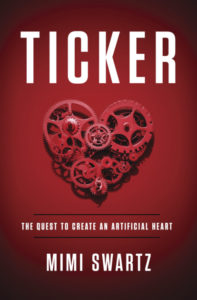 Texas Monthly executive editor and Houstonian Mimi Swartz says that, in some ways, the subject of her latest book was always right under her nose—she just didn’t see it. Ticker: The Quest to Create an Artificial Heart, is a gripping nonfiction account of our obsession to artificially replicate the human heart. Years ago, Swartz listened
Texas Monthly executive editor and Houstonian Mimi Swartz says that, in some ways, the subject of her latest book was always right under her nose—she just didn’t see it. Ticker: The Quest to Create an Artificial Heart, is a gripping nonfiction account of our obsession to artificially replicate the human heart. Years ago, Swartz listened
to a friend, new to Houston, as he talked excitedly about the city’s global medical stars like Denton Cooley, BA ’41, Life Member, Distinguished Alumnus, and Michael DeBakey. Swartz thought, yeah, I know all that. “Then it was like a light bulb went off,” she says. “I realized that this was a quest that had gone on for more than 50 years. I realized, oh my God, this is a book.”
Not surprisingly, Swartz, a two-time National Magazine Award winner, has turned the story of that quest into a dazzling book. Ticker is fueled by impressive investigative journalism but reads like a literary medical thriller. It follows Frazier, BA ’63, Life Member, Distinguished Alumnus, from a small town in West Texas to The Texas Heart Institute, along the way introducing us to the larger-than-life characters who join his obsession toward conquering this stubborn medical milestone.
Alcalde: Where did you start your research?
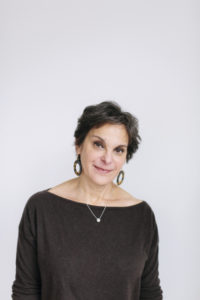
Swartz: I started with asking Dr. Frazier if it would be OK if I hung around with him for the next few years until he didn’t ever want to see me again. I knew if I didn’t have access to him, I couldn’t do the book. He said yes. I read a lot of books and papers to educate myself. Then I would read and go interview him, read and go interview some other people. I just built it like any book or story. The more you read, the more people you find to talk to. The more people you talk to, the more I certainly realized that I didn’t know anything. I had to keep educating myself.
What was getting to know Frazier like?
His office has no windows. It’s like being in the reading room of the Library of Congress. You’re in there, but also with this sort of beat up couch and a beat up rug. Frazier lived at the hospital for his entire career. His office is sort of a home packed into one room. So I’d go sit in this windowless library for hours while he told me stories. He’s from West Texas, so he’s got a sense of narrative that’s pretty unsurpassed. I’d go on rounds. I’d listen to lectures he gave. I watched some various surgeries. He was very generous with his time.
Did you discover what was driving him?
What really drove him—and I think this is true of a lot these surgeons—is saving people. If he had an idea that might save somebody’s life that was legally permissible, then he was going to do it. In the old days, in the Cooley era, there wasn’t any sense of “legally permissible” because there wasn’t any regulation. There are people who are alive today only because Frazier pushed and stayed with his patients around the clock and was hypervigilant about their care. It was all that stuff that you don’t really think you’re gonna see that often in a doctor.
What surprised you the most?
I came out of it with a deeper sense of my body—and its power. In 1962, John F. Kennedy promised we’d have a man on the moon in 10 years. Around this same time, Michael DeBakey said, “We’ll have an artificial heart in 10 years.” We got a man to the moon in 10 years, and we still do not have a completely implantable artificial heart that runs on its own. You can argue a lot of different reasons why, but the main reason, I think, is that the body is a lot harder to understand than outer space.
Has the medical community come around to the idea that the body is trickier than outer space?
I think so. Sometimes somebody would have a great idea but the technology was not available.
Then there would be this leap in technology. Even a lot of work on the space program was transferred to the artificial heart work. In those days, there was enormous medical research getting done in Houston and then NASA was down the road, so they did try to share their knowledge.
What makes this a distinctly Texas story?
It’s a Houston story. For so long, this has been a city where innovation was sort of a religion. Innovation and entrepreneurship. There was medical support; there was support for trying something new. Then there was Mattress Mack [Houston businessman and philanthropist Jim McIngvale], who was ready to write a check. He wrote a $2 million check on the spot so that they could do more to fund their research.
What’s next for the artificial heart?
We’ll have to see. They’re in the middle of the final animal trials for FDA approval. It’s just like cancer, where, at a certain point, you have to open this up to human use, and then we’ll know more. I think that’s about 18 months away. One of the things I learned during this book is that I think we all want progress to happen overnight now. We’re so used to social media and 24/7 news and this kind of progress takes a long time. I mean, 50 years isn’t such a long time for an artificial heart.
This interview has been edited and condensed.



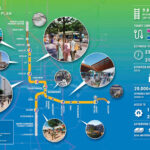

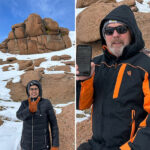




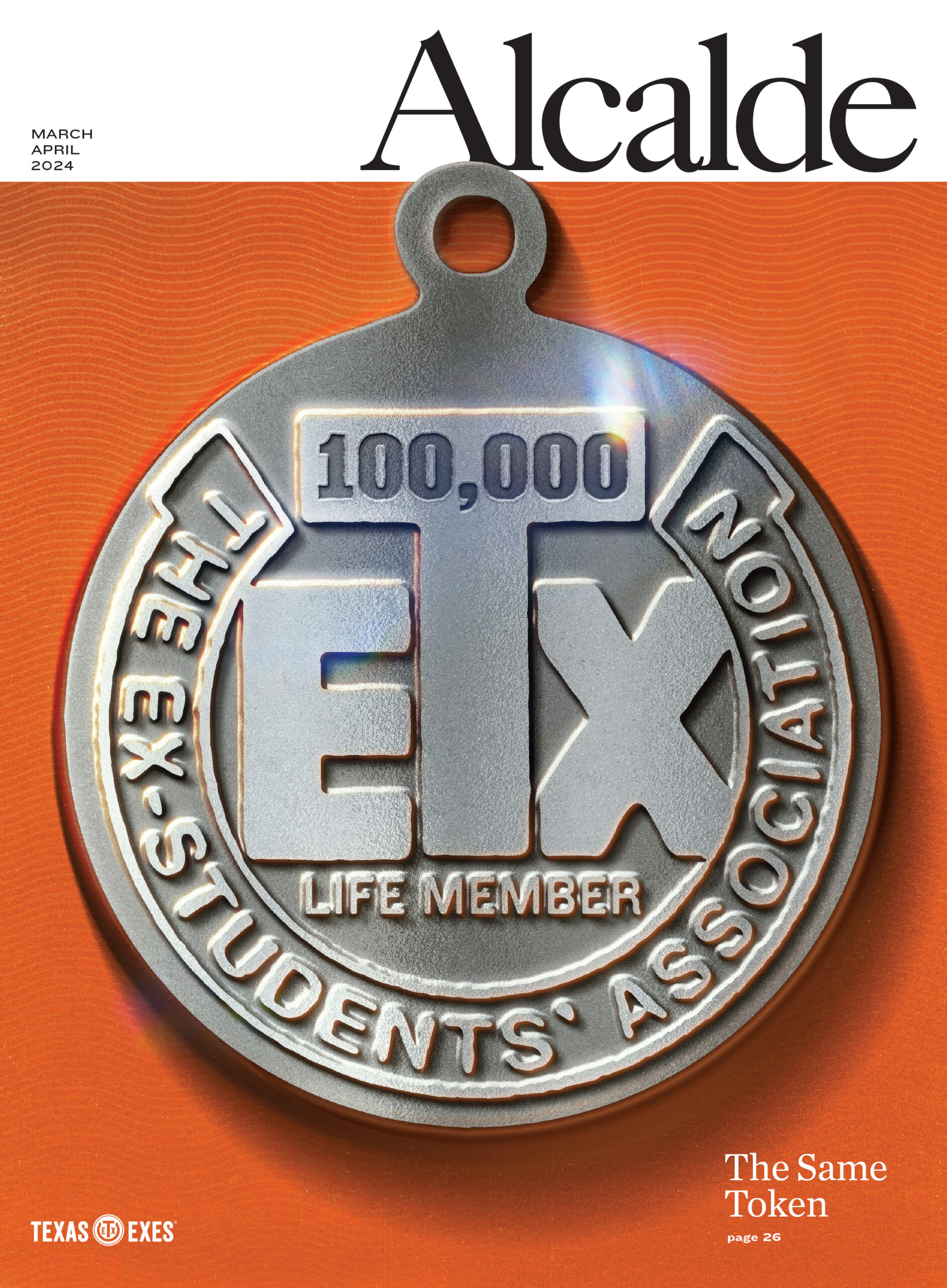






No comments
Be the first one to leave a comment.